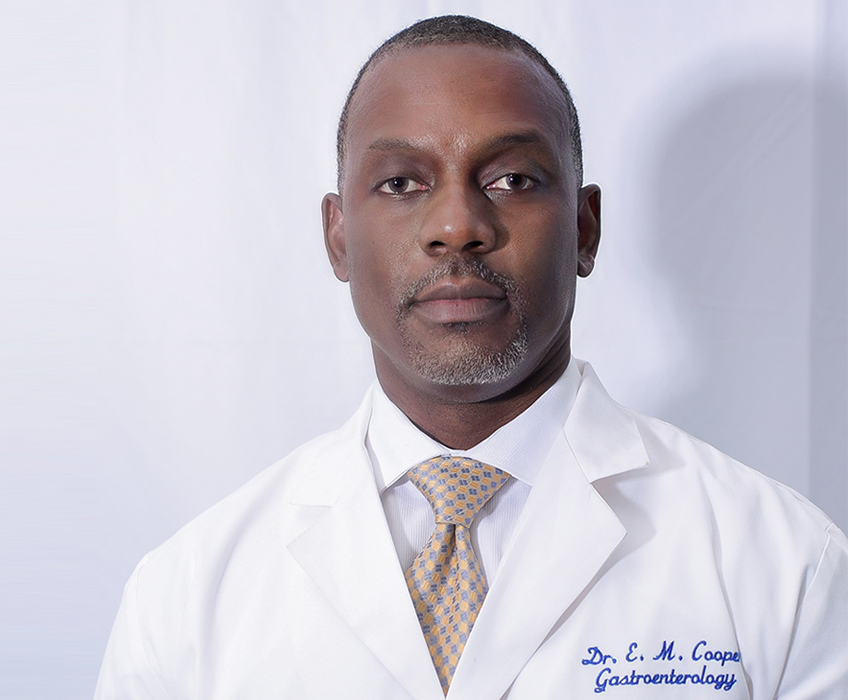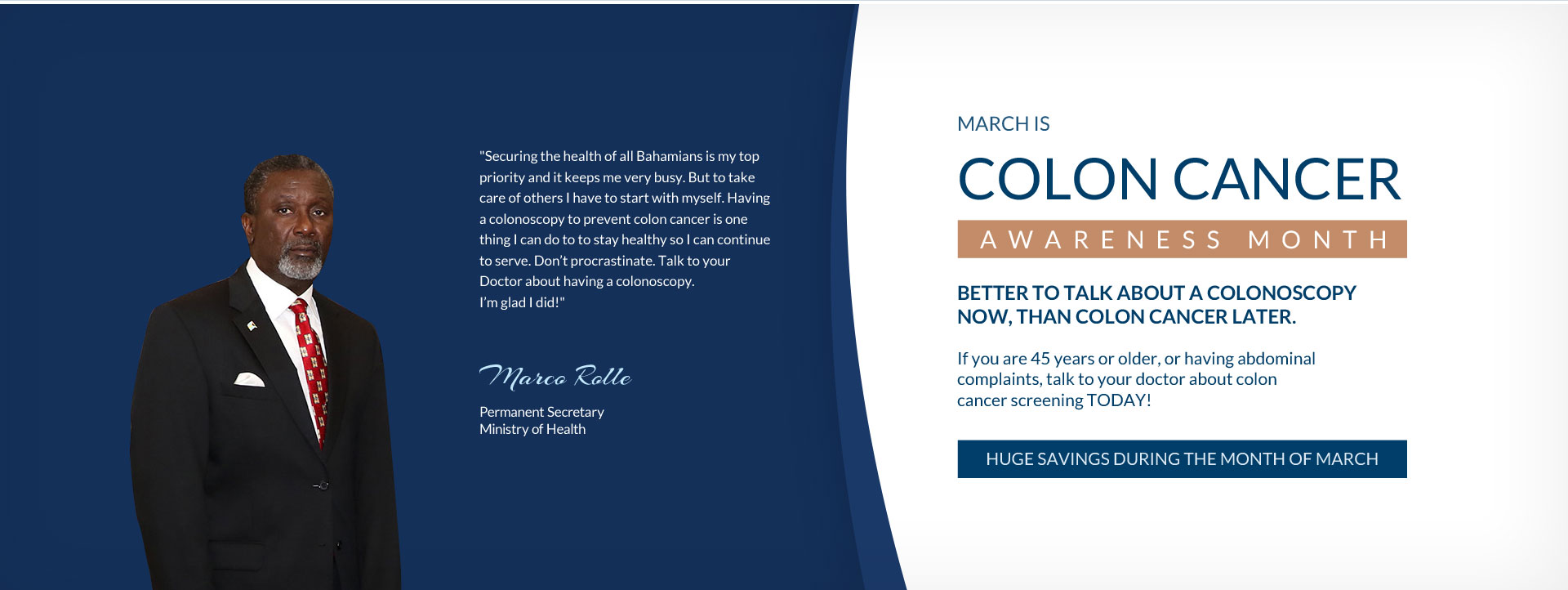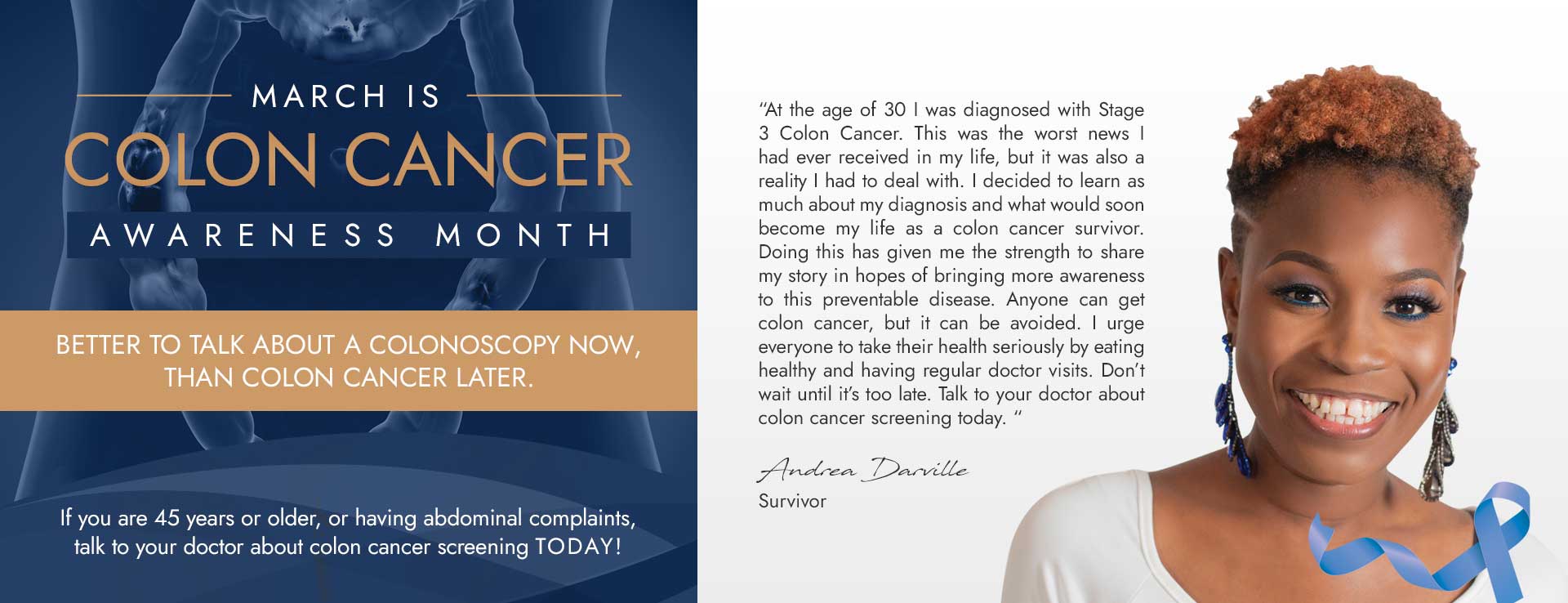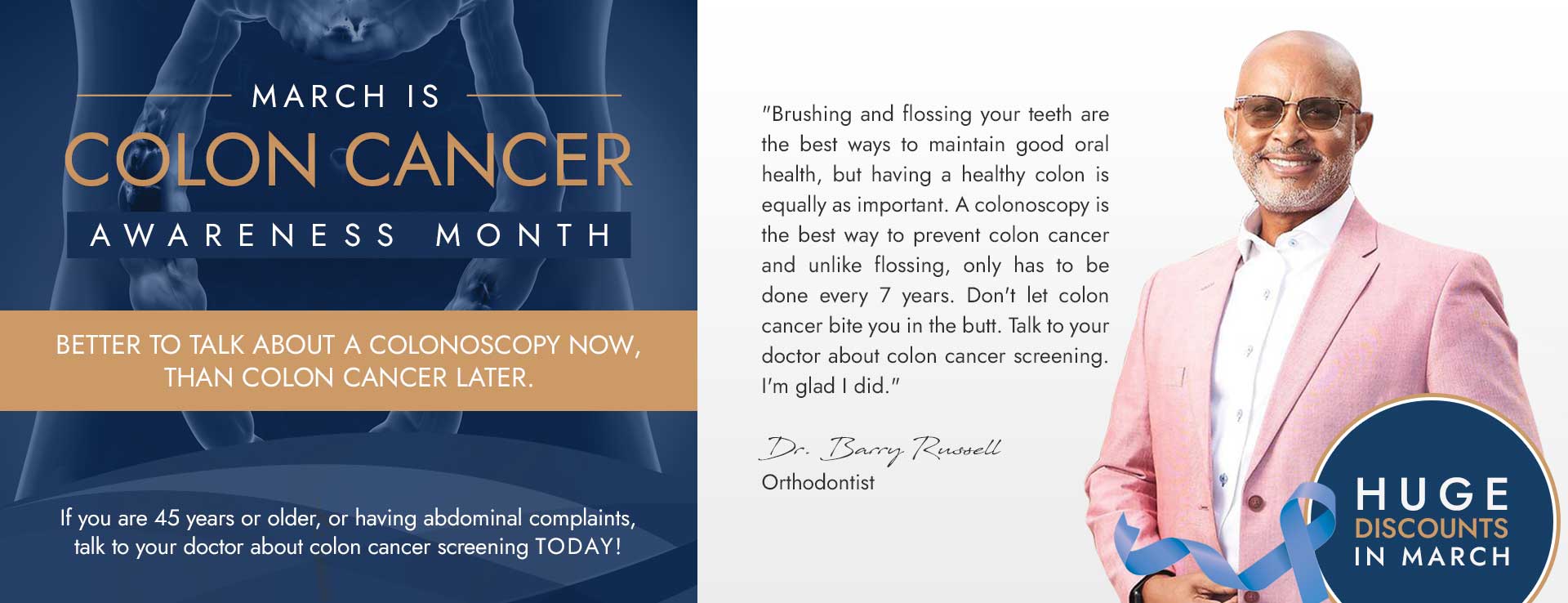
GastroCare Bahamas
About Dr. Eugene Marcus Cooper
Dr. Cooper is an alumnus of Kingsway Academy and University of the Bahamas. He was awarded his medical degree from the University of the West Indies and completed his Internal Medicine and Gastroenterology training at the University of Miami/Jackson Memorial Hospital. He is board certified in both Internal Medicine and Gastroenterology. He also has a Masters Degree in Health Care Administration from the Florida International University and is a lifetime member of the Delta Epsilon Iota Academic Honor Society.
He is a Fellow of the American College of Gastroenterology (ACG) and a member of the American Gastroenterological Association (AGA), American Society of Gastrointestinal Endoscopy (ASGE) and Association of West Indian Gastroenterologists (AWIG).

complaint
the gastrointestinal tract



